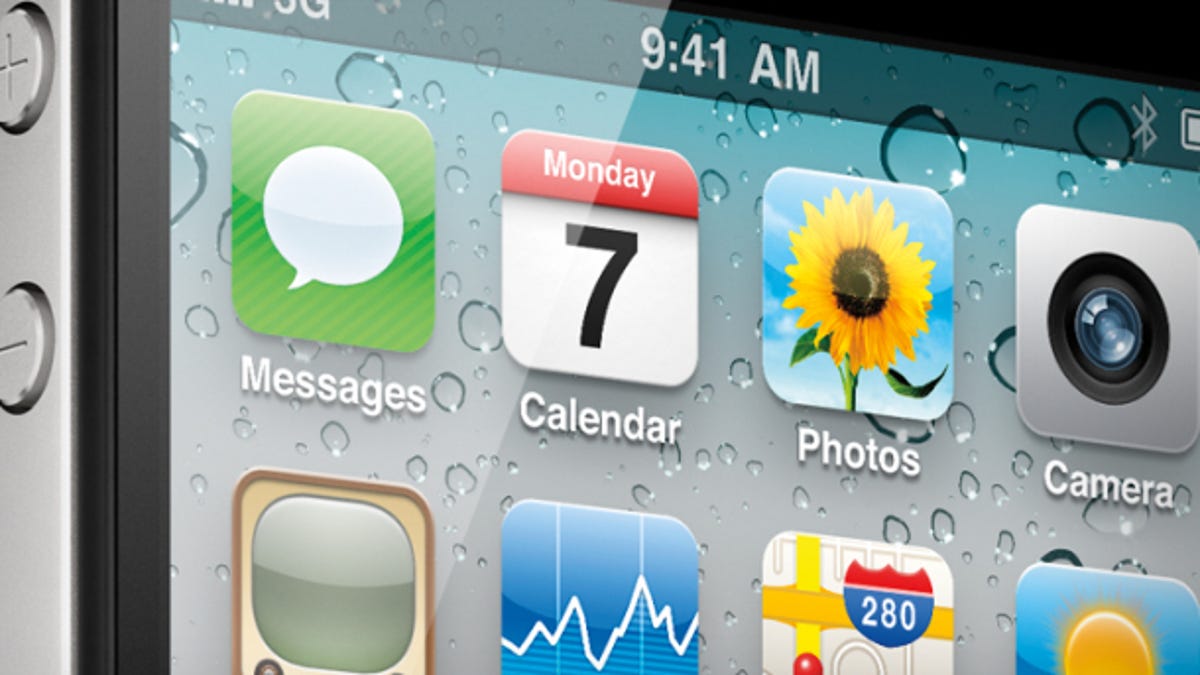Analyst: Carriers are locked into those steep iPhone subsidies
According to an analyst report from CLSA, there's a good chance that Apple's subsidies won't be affected in the next 18 to 24 months.

Apple is making bank on wireless carriers' high iPhone subsidies. And although carriers aren't too pleased with the amount they have to pay per subsidized unit sold, there is little chance that they'll abandon their partnerships with Apple anytime soon, according to an analyst.
According to All Things Digital, which obtained the letter to investors, analyst Avi Silver of research firm CLSA believes that Apple has inked multiyear agreements with carriers that prevent companies such as AT&T or Verizon from changing iPhone subsidy pricing anytime soon. More importantly, the analyst believes that Apple has locked the carriers into the agreements for another 18 to 24 months.
"For the major carriers, we believe these agreements have most favored nation clauses so any offering from Apple to one carrier would have to be offered to the other," Silver wrote to investors. "During the length of these multiyear agreements, we believe U.S. carriers would need permission from Apple to alter subsidy levels."
That nation clause is important. As Silver points out, AT&T will likely be out of its current agreement with Apple before Verizon and Sprint are. But because all carriers must play by the same rules, the company won't be able to change the subsidy, since its competitors will still be governed by the original deal.
"As a result, we think that an outright reduction in subsidies is an unlikely scenario in the U.S. market," Silver said.
Subsidies have become a hot-button issue behind closed doors at carrier facilities. Although iPhone customers pay as little as nothing for an iPhone, carriers are paying Apple several hundred dollars more than their asking price just to offer the smartphone. The result is mounting profits for Apple, as well as the hope on the carrier's part that it'll be able to make up for the shortfall through service plans.
Last week, BTIG analyst Walter Piecyk wrote in his own note to investors that carriers could be paying as much as $600 for an iPhone 4S, which is then turned around and sold for $200 with a two-year agreement. Those subsidies, Piecyk says, are "now starting to eat away at [carrier] profitability and the performance of those stocks," which could prompt carriers to push alternative devices that don't carry such high subsidies.
"As Android's initial popularity continues to fade because of its uneven and fragmented performance, and BlackBerry falls further into oblivion, there is renewed hope that Microsoft and Nokia will be able to produce a viable alternative to Apple," Piecyk wrote to investors. "These two giant companies and former industry leaders will clearly be putting significant resources behind any new product launched. We expect wireless operators to join in that investment, as they increasingly fear Apple's stranglehold on their margins."
Still, carriers have been paying subsidies for years, and although it might be an issue, they continue to sell Apple's device. Like it or not, they accept that the iPhone is a wildly popular device and driving a key part of their business. Earlier today, for example, AT&T announced that it sold 5.5 million smartphones during the first quarter of 2012. Total iPhone activations during the period hit 4.3 million.

